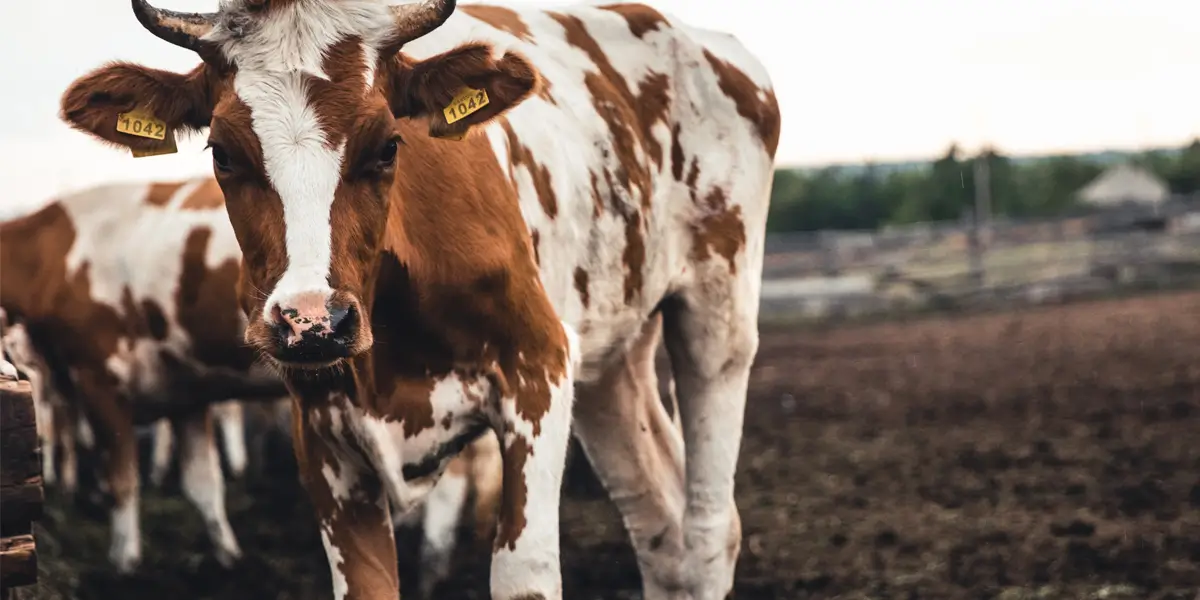Meat
Colombia Lifts Ban on U.S. Beef Imports
The South American nation was the sole country to impose trade restrictions due to the bird flu outbreak in dairy cattle.

Colombia has lifted its ban on U.S. beef imports from states where bird flu was identified in dairy cows, according to an update from the Department of Agriculture released on Monday. This decision means that beef exporters in 14 states will regain access to the Colombian market, following changes made to the USDA’s export library. Notably, Colombia was the only nation to impose a ban on U.S. beef imports due to the H5N1 outbreak affecting dairy cattle.
The previous ban significantly impacted U.S. beef export purchases, leading to a reduction in Colombian spending on U.S. beef by as much as 70% over the summer, as reported by the U.S. Meat Export Federation. The United States is Colombia’s largest supplier of imported beef.
After Colombia lifted its ban on U.S. beef imports, trade negotiators acted swiftly to alleviate concerns in other markets, including the Dominican Republic. “Effective USDA engagement with other trading partners helped prevent similar trade barriers from affecting additional export markets,” stated USMEF CEO Dan Halstrom.
Before the restrictions were enforced, Colombia typically averaged about $3 million per month in U.S. beef purchases. However, in July, exports plummeted to less than $850,000, according to the latest data from USMEF. While Colombia is a recognized market for U.S. beef, it constitutes a small fraction of total exports. Nonetheless, this market remains significant for exporters seeking to diversify their clientele, with over $40 million in beef sent to Colombia in 2023.
“We look forward to rebuilding U.S. beef’s presence in the Colombian market and meeting the needs of our valued customers,” Halstrom added.
Shortly after Colombia’s ban took effect, the USDA initiated tests on ground beef from grocery stores as part of a series of studies aimed at confirming the safety of the nation’s food supply amid the ongoing bird flu outbreak. The May test results showed no bird flu particles in retail samples, and cooking burger patties that had previously been injected with a high dosage of the H5N1 virus effectively inactivated the virus.
Dairy cattle account for approximately 20% of the total U.S. beef supply, according to the Beef Checkoff program. Since the outbreak began in late February, about 238 dairies across 14 states have reported cattle testing positive for bird flu, with California seeing a recent surge, where 40 herds have tested positive for the virus.





















